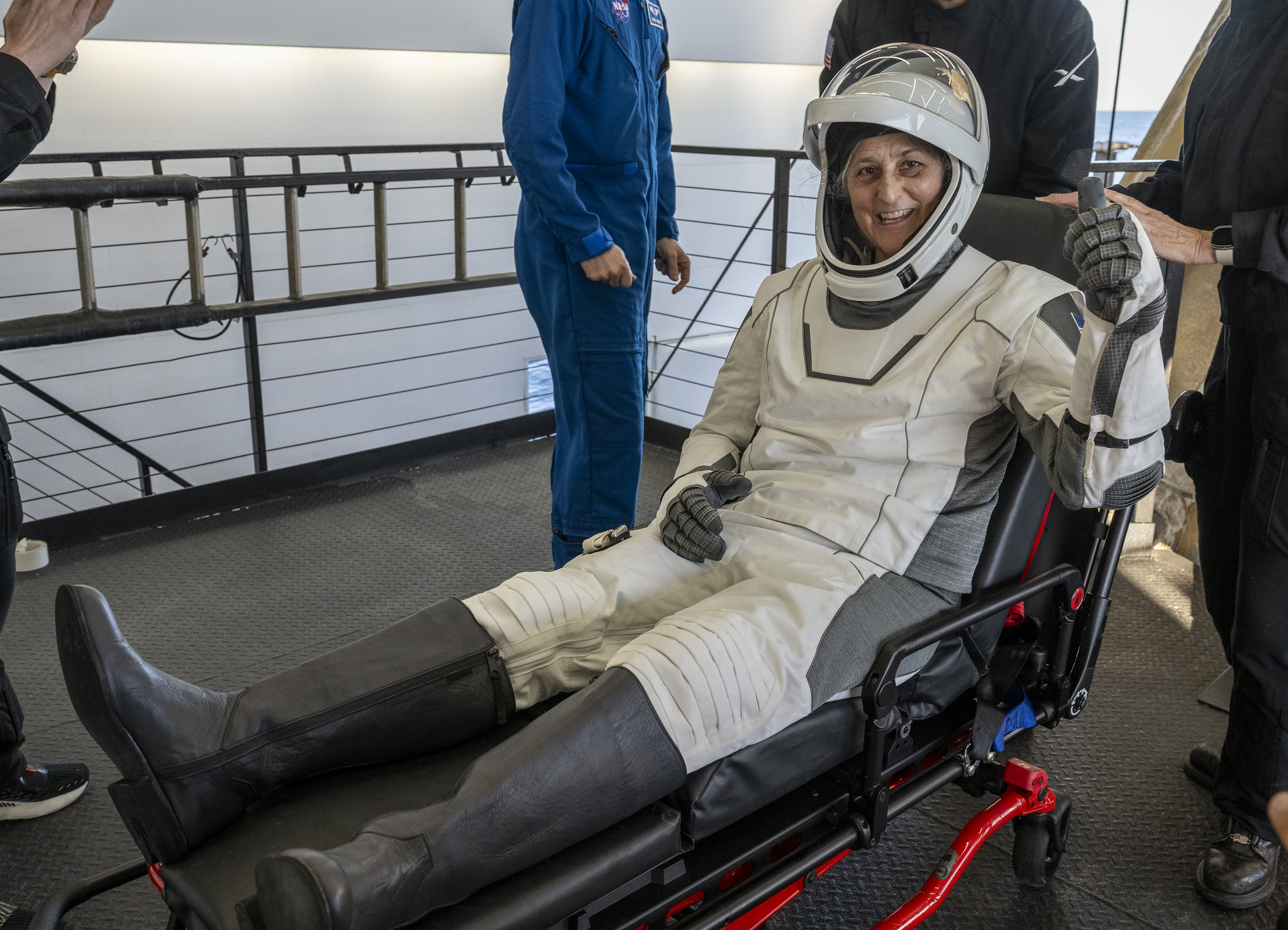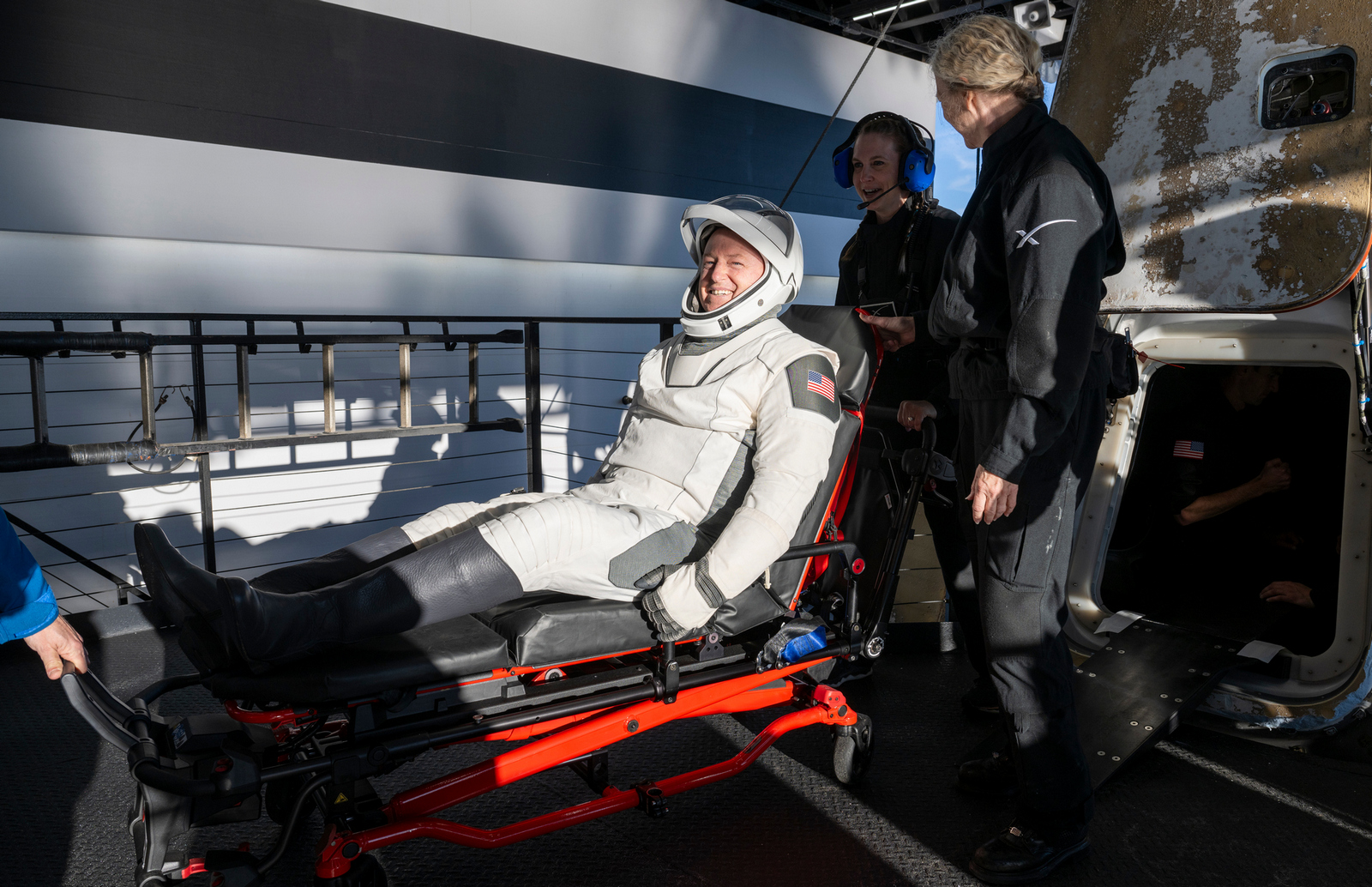When a work trip turns into nine months instead of eight days, the average employee expects additional compensation, and a lot of it. But not NASA astronauts Sunita Williams and Butch Wilmore, who spent as many as 278 extra days on the ISS due to a sudden failure of the Boeing Starliner spacecraft. Their story, which culminated this week with their long-awaited return to Earth, has stunned the world. However, you’ll be surprised at the kind of raise the heroic crew who got “stranded” in space got. It turned out that their salaries were the same as any government employee on a business trip.

Budget salaries
“Astronauts receive standard travel orders, just like other federal employees,” explained NASA spokesman Jimi Russell. This means they do not receive overtime, holiday or vacation premium pay. But they are covered for accommodation, food and transportation, and are paid $5 daily for “unexpected expenses.” For 286 days in space, Williams and Wilmore received only $1,430 in addition to their total annual salary of $152,000, or about $12.6,000 monthly.

What is included in these “unexpected expenses” in orbit? According to the rules, it’s tips to carriers or hotel staff – which seems absurd for ISS conditions. And the astronauts are ironically making fun of the situation. “We like being in space,” Williams said. And her colleague Clayton Anderson, who spent 152 days at the station in 2007, received just $1.20 daily. “It’s a dream job, but with a government paycheck,” he joked.
Treatment at own expense
The paradox is that even after months in microgravity, when returning to Earth requires rehabilitation, astronauts do not receive additional payments for risking their lives. Their terms and conditions are regulated by the same regulations as for business travel to the office of a neighboring city. And while NASA recognizes the heroism of the crews, the financial system remains unchanged since Apollo.
Is the dream of those who want to become an astronaut worth such compromises? For those who have already flown to the stars, they answer that they do not regret their choice. But their stories make you wonder whether the government’s system of payment is fair for those who risk their lives for technical and scientific progress in space.
We previously reported on how Boeing lost over $2 billion on Starliner.


